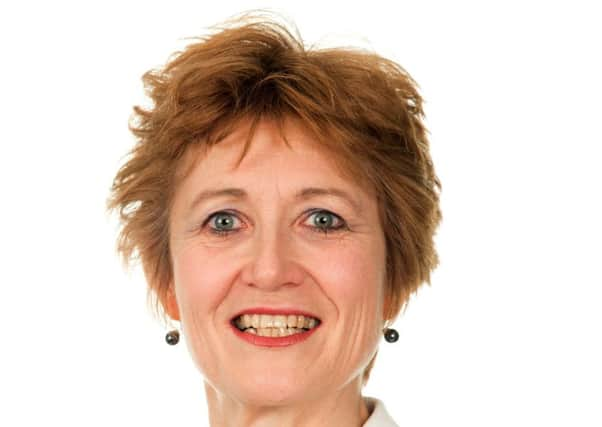Sarah Deas: Entrepreneurs keep an eye on the prize
This article contains affiliate links. We may earn a small commission on items purchased through this article, but that does not affect our editorial judgement.


That’s where a consortium can be of benefit. Members of this business model may be businesses, partnerships or individuals which come together for a shared purpose such as to buy or sell in scale, market more effectively, share facilities or jointly bid for contracts. By collaborating, businesses can reduce costs, share risks and create new platforms for growth.
Each member of the consortium retains its independence, whilst benefiting from the combined scale of the co-operative. As an inclusive model it fits well with the Scottish Government’s desire for “inclusive growth”, allowing small businesses to work together to reach new markets.
Advertisement
Hide AdAdvertisement
Hide AdEntering international markets together opens up access to new customers, revenue and ideas and enables businesses to spread risk, increasing the lifespan of products and services.
The Collaboration Prize, delivered by Co-operative Development Scotland on behalf of Scottish Enterprise and Highlands & Island Enterprise in partnership with Business Gateway and the Scottish Chambers of Commerce, provides the opportunity to raise awareness of the benefits of collaboration.
The aim of this year’s prize is to encourage firms to think collaboratively. This could be a new sector or a geographical market, including international markets.
The winners will receive £5,000 to implement their collaborative idea, support to set up as a consortium co-operative, up to £5,000 of business support (delivered by Scottish Enterprise or Highlands & Islands Enterprise) and export adviser support.
One of the winners of last year’s prize, ArchBlue, provides an integrated service to the heritage sector. Founded by four organisations involved in providing complementary services, the consortium provides 3D measuring and modelling, archaeological recording and visualisation, conservation planning and 3D printing.
These services provide customers with a comprehensive approach to heritage site management. Winning the prize has helped ArchBlue to establish a brand identity. It also adds strength to marketing, including tender submissions, allowing the consortium to bid for projects which members wouldn’t necessarily have the ability to pursue as individual businesses.
The Collaboration Prize is open for entries until 18 November. Information and an application pack can be found here.
• Sarah Deas is director of Co-operative Development Scotland